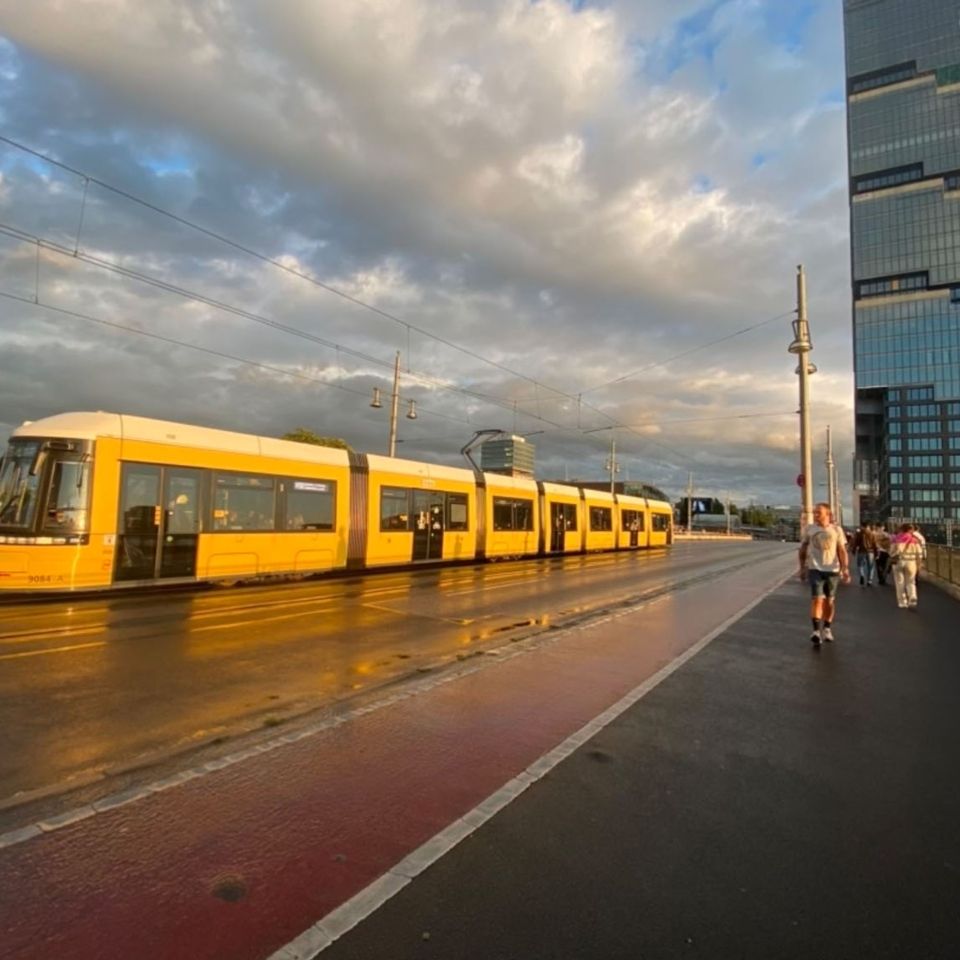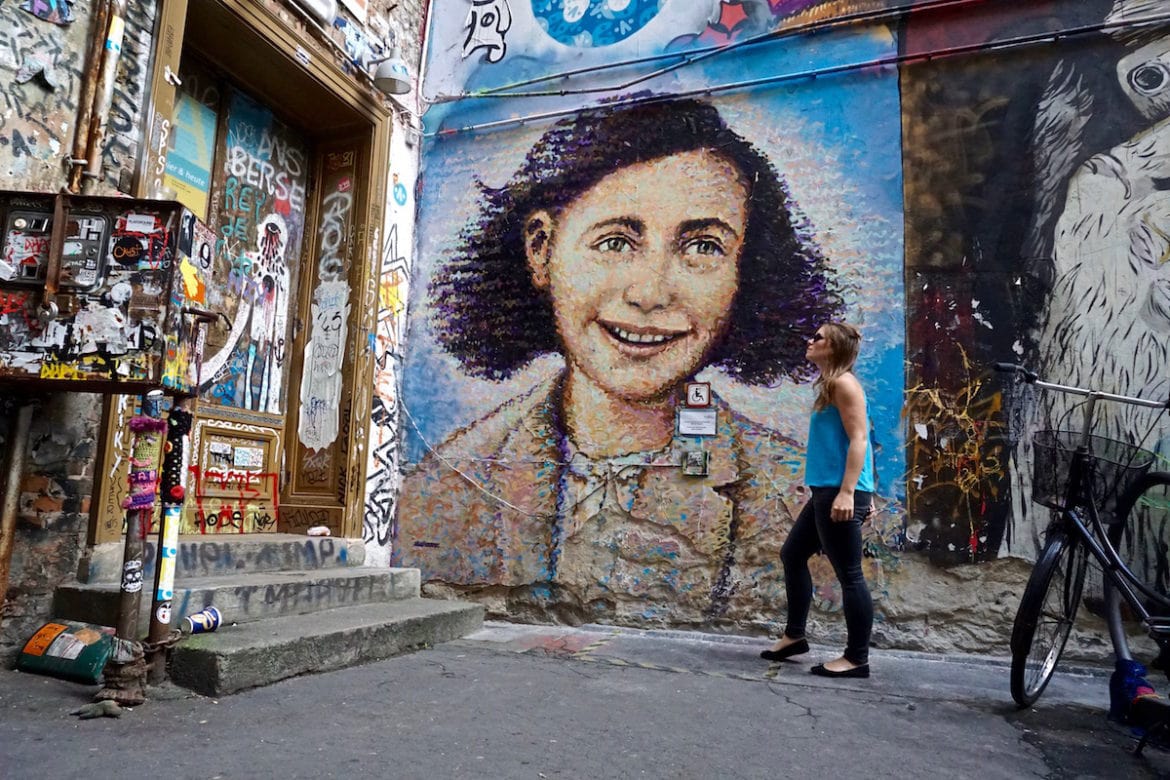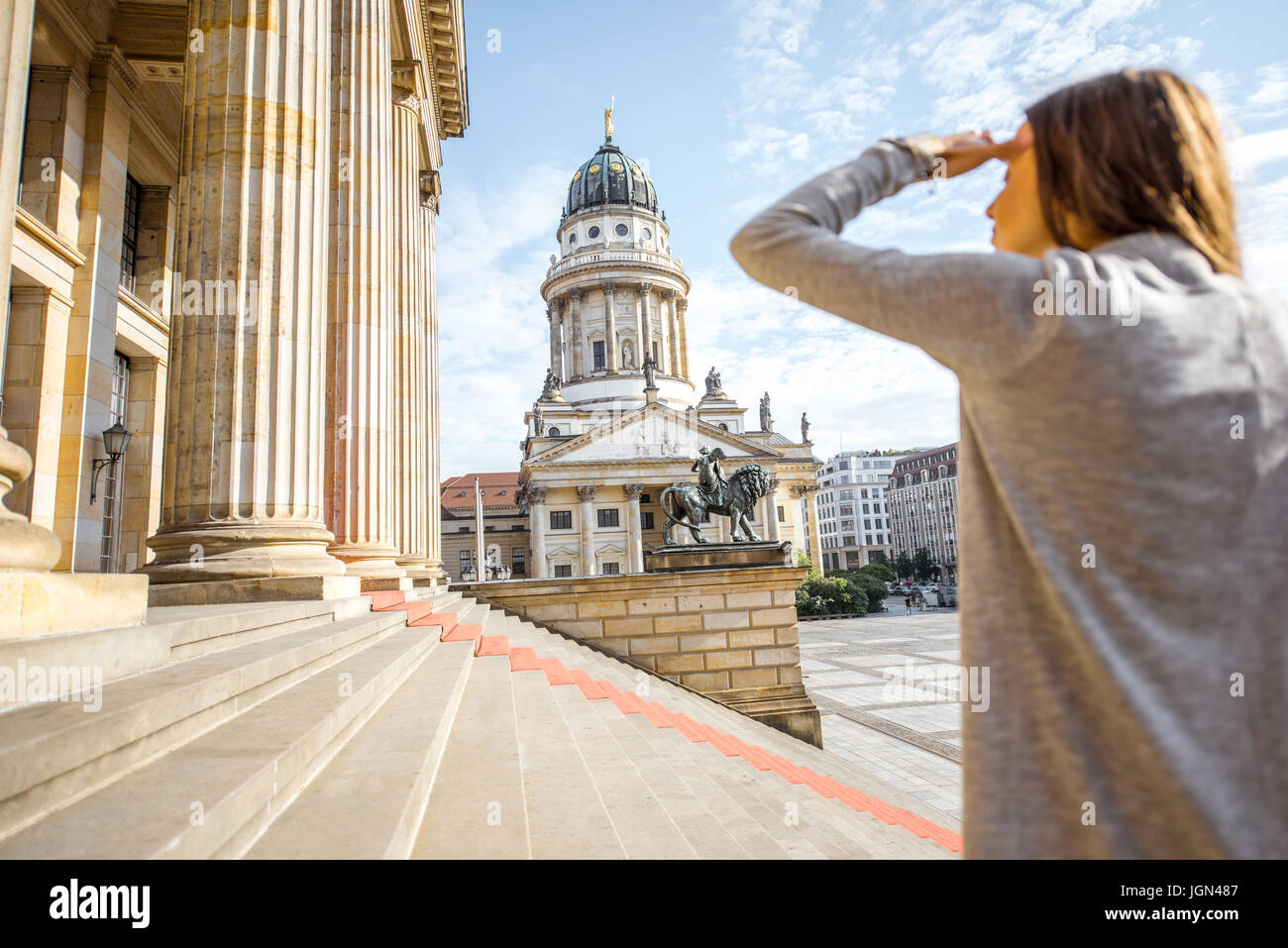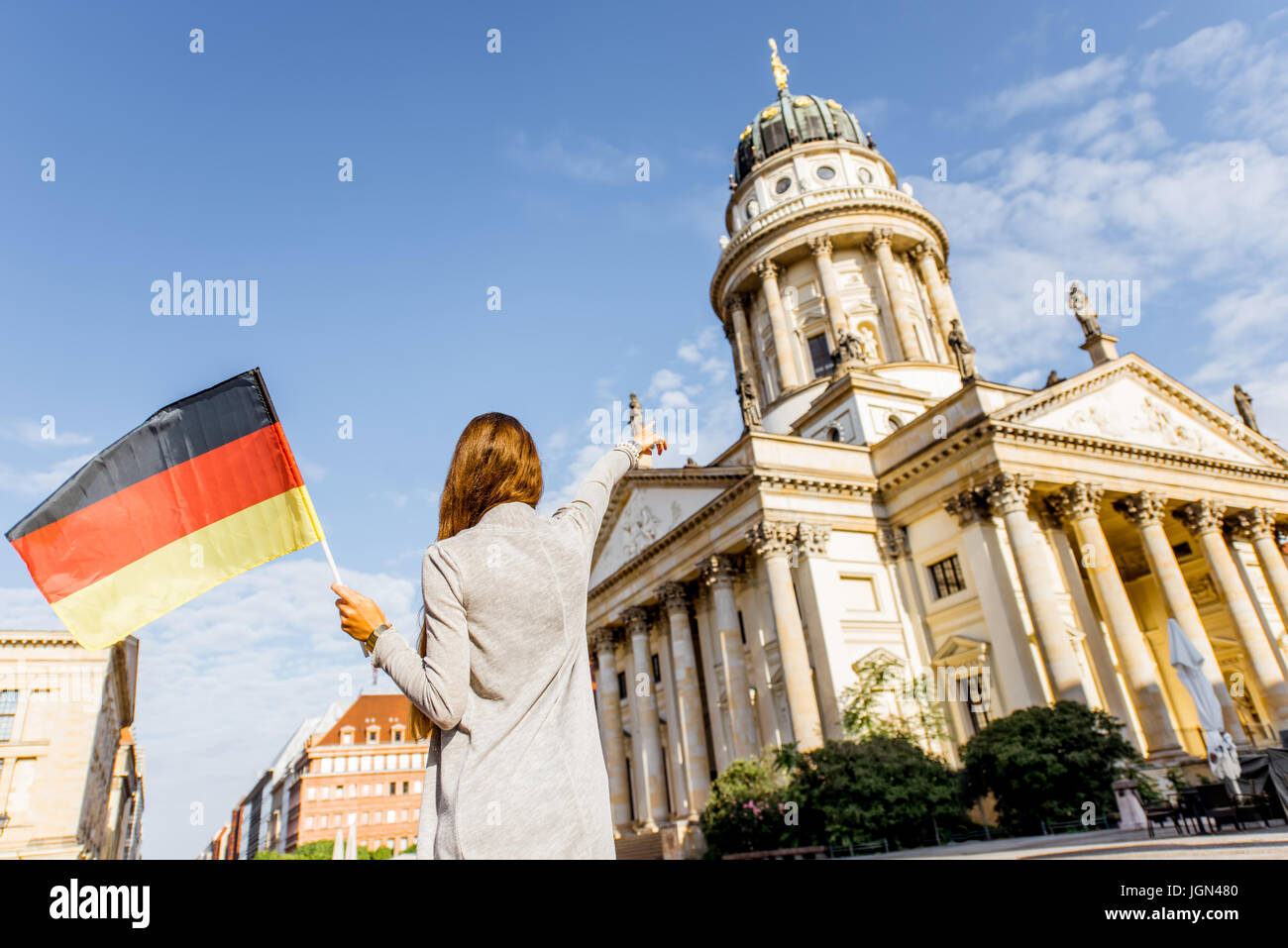Navigating Berlin: A Woman’s Perspective in the 21st Century
Related Articles: Navigating Berlin: A Woman’s Perspective in the 21st Century
Introduction
With enthusiasm, let’s navigate through the intriguing topic related to Navigating Berlin: A Woman’s Perspective in the 21st Century. Let’s weave interesting information and offer fresh perspectives to the readers.
Table of Content
Navigating Berlin: A Woman’s Perspective in the 21st Century

Berlin, a city pulsating with history, culture, and a vibrant energy, presents a unique experience for women. While the city’s reputation for being progressive and open is well-deserved, understanding its nuances is crucial for navigating its complexities. This article explores the multifaceted realities of being a woman in Berlin, examining the challenges and opportunities that shape the city’s social fabric.
A City of Contrasts:
Berlin’s history is etched into its very being, a tapestry woven with threads of war, division, and eventual reunification. This history, while inspiring, also carries the weight of societal norms and expectations that continue to influence the present. While the city has made significant strides towards gender equality, remnants of traditional values and gender roles persist.
The Evolving Landscape of Gender Equality:
Germany has a long history of feminist activism, which has significantly shaped the landscape of women’s rights in Berlin. The city boasts a strong network of feminist organizations, NGOs, and initiatives dedicated to promoting gender equality, challenging societal norms, and advocating for women’s rights. This network provides a platform for women to connect, engage in dialogue, and contribute to the ongoing struggle for equality.
Navigating the Workplace:
The German labor market, like many others, continues to grapple with issues of gender pay gaps and underrepresentation of women in leadership positions. However, Berlin’s vibrant and diverse economy offers opportunities for women in various sectors, including technology, media, arts, and academia. The city’s progressive policies and initiatives, such as parental leave and childcare support, aim to empower women in the workforce.
The Importance of Community and Support Networks:
Berlin’s vibrant social scene offers a diverse range of opportunities for women to connect and build communities. Numerous groups, clubs, and organizations cater to women’s specific interests, providing spaces for networking, shared experiences, and mutual support. These networks play a crucial role in fostering a sense of belonging and empowering women to navigate the challenges they face.
Safety and Security:
While Berlin is generally considered a safe city, women, as in any urban environment, must remain vigilant about their safety. The city has made strides in addressing street harassment and violence against women, but awareness and proactive measures are essential.
Beyond the Stereotypes:
Berlin’s reputation as a liberal and accepting city is often associated with its vibrant nightlife and alternative scene. However, it is crucial to recognize that this perspective is often limited and can perpetuate stereotypes. The reality of being a woman in Berlin encompasses a wide spectrum of experiences, from navigating the complexities of the city’s bureaucracy to engaging with diverse cultural communities.
FAQs by a Woman in Berlin:
Q: What are the biggest challenges women face in Berlin?
A: While progress has been made, women continue to face challenges related to gender pay gaps, underrepresentation in leadership positions, and the persistence of traditional gender roles. Additionally, navigating safety concerns in certain areas and dealing with cultural differences can pose challenges.
Q: What are the best resources for women in Berlin?
A: Berlin boasts a network of organizations, NGOs, and initiatives dedicated to supporting women. These include feminist groups, women’s shelters, legal aid organizations, and career development programs. Online platforms and social media groups also offer valuable resources and connections.
Q: What advice would you give to a woman moving to Berlin?
A: Embrace the city’s diversity and be open to new experiences. Connect with other women, explore different neighborhoods, and engage with the city’s rich cultural scene. Be aware of safety precautions and seek out support networks when needed.
Tips by a Woman in Berlin:
- Learn some German: While English is widely spoken in Berlin, learning some basic German will enhance your experience and open doors to greater cultural immersion.
- Explore different neighborhoods: Berlin’s diverse neighborhoods offer unique experiences. Venture beyond the tourist hotspots and discover hidden gems.
- Engage in the city’s cultural scene: Berlin boasts a vibrant arts and culture scene. Attend concerts, exhibitions, and theater performances to immerse yourself in the city’s creative energy.
- Join a women’s group or club: Connect with other women through shared interests and build a supportive network.
Conclusion:
Being a woman in Berlin is a multifaceted experience, filled with both challenges and opportunities. While the city’s progressive reputation is well-earned, understanding the nuances of its social fabric is essential for navigating its complexities. By embracing its diversity, engaging with its communities, and advocating for continued progress, women in Berlin can contribute to shaping a city that truly reflects the values of equality and inclusivity.








Closure
Thus, we hope this article has provided valuable insights into Navigating Berlin: A Woman’s Perspective in the 21st Century. We appreciate your attention to our article. See you in our next article!